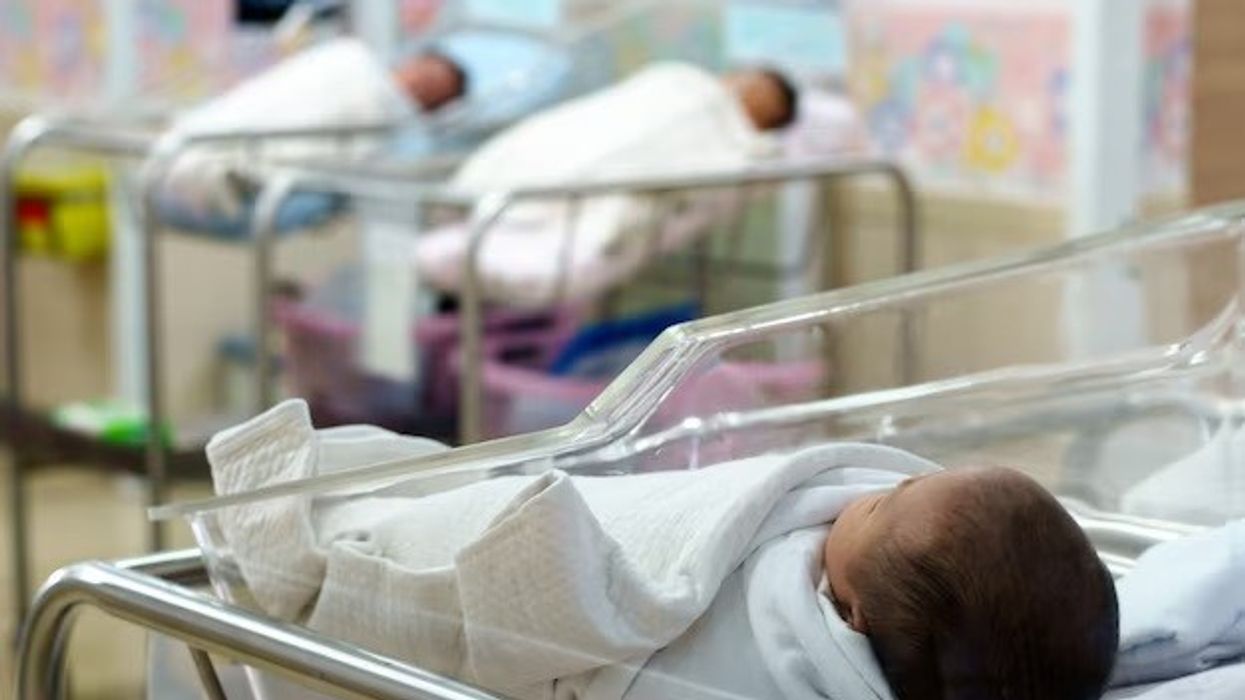The new enzyme replacement therapy improves patient’s life expectancy and quality of life in clinical trials
For the first time, an enzyme replacement therapy has been made available on the NHS for the treatment of infants born with Wolman disease, a rare and fatal genetic condition, from today (27 November).
Sebelipase alfa (Kanuma) was recommended for use on the NHS in final draft guidance by the National Institute for Health and Care Excellence (NICE), following a commercial deal secured by NHS England.
In a statement, the NHS said that the life-saving treatment will be made available to any eligible patients straight away, funded via NHSE’s Innovative Medicines Fund (IMF).
The therapy, which is manufactured by Alexion, AstraZeneca Rare Disease, will be delivered by specialist services at Manchester University NHS Foundation Trust, Birmingham Women’s and Children’s Hospital and Great Ormond Street Hospital.
NHS chief executive, Amanda Pritchard, is delighted the NHS can now offer “a life-changing treatment” to families facing this enormously difficult condition, for which previously there were no treatments.
Amanda believes that this new therapy could allow children facing this debilitating disease “to grow up, go to school and live normal lives.”
Sean Richardson, Vice President and General Manager, Alexion, UK, asserted that the recommendation is the result of continued constructive collaboration between Alexion, NICE, NHS England, patient groups, and the medical community, to ensure babies born with this life-threatening disease have a treatment available to them.”
Understand Wolman disease
A type of lysosomal acid lipase deficiency, Wolman disease is caused by mutations in a gene and is an inherited, recessive condition.
It is a rapidly-progressing condition that causes a build-up of fat in cells in the liver, heart, blood vessels, and digestive system, leading to multi-organ damage.
It occurs in around 1 in 350,000 births, with around one or two babies born every year in England estimated to have the condition.
Babies born with this condition may have symptoms such as enlarged liver and spleen, poor weight gain, low muscle tone, jaundice, vomiting, diarrhoea, developmental delay, anaemia, and malabsorption.
How Sebelipase alfa works
Clinical trials at Royal Manchester Children’s Hospital have shown this enzyme replacement therapy improves patient’s life expectancy and quality of life.
Sebelipase alfa works by replacing an enzyme missing in the body, alongside a restricted, low-fat diet.
Usually, this treatment involves weekly intravenous infusions which can be given at home, but some patients may also have a blood and marrow/stem cell transplant.
John Stewart, National Director for Specialised Commissioning, NHS England said: “It’s fantastic news that babies born with Wolman disease will be able to benefit from this life-saving treatment on the NHS from today.
“This is just the latest example of patients benefiting from innovative medicines secured through NHS commercial deals, following shortly after a new five-year medicines agreement was reached with the pharmaceutical industry that will enable rapid patient access to the treatments of tomorrow.”
For availing the new treatment, immediate funding will be provided from the IMF to enable routine patient access up to five months, but sebelipase alfa will not enter managed access.
Up to £340 million was made available through NHS England’s Innovative Medicines Fund, which launched last year, to purchase the most promising medicines and fast-track them to patients to give people the best chances of survival, or a healthier, longer life.
The Fund has already been utilised this year to provide accelerated patient access to treatments for hepatitis D and a painful long-term skin condition.













